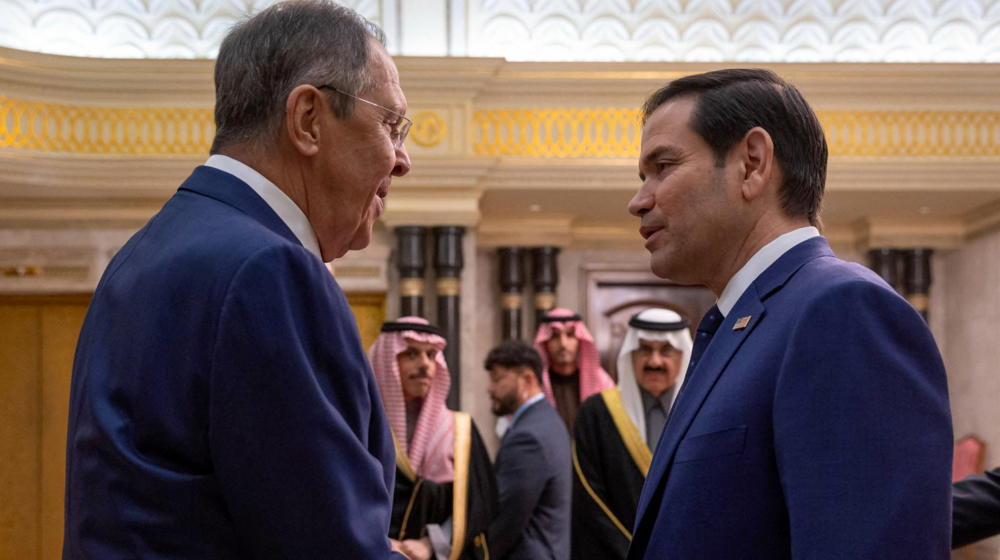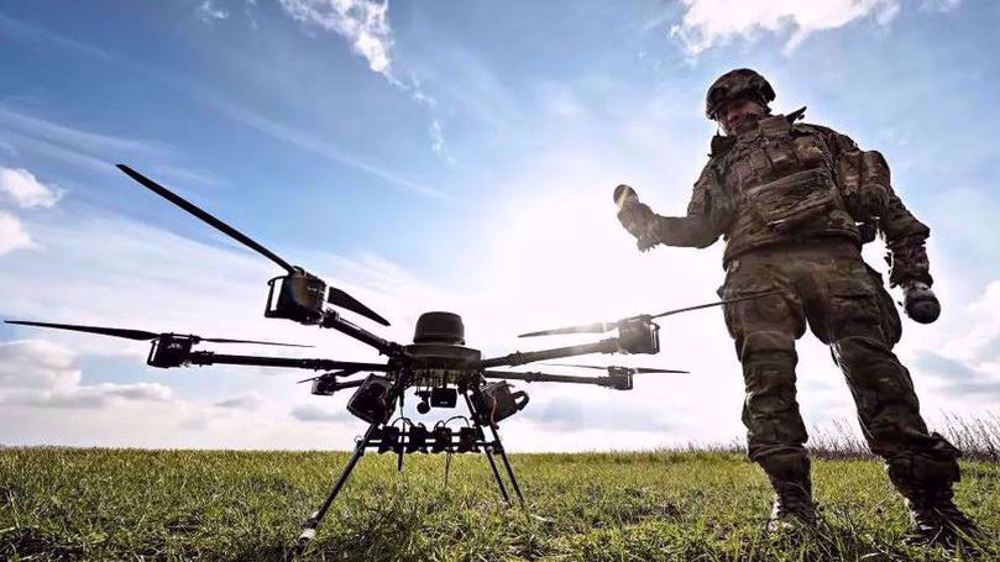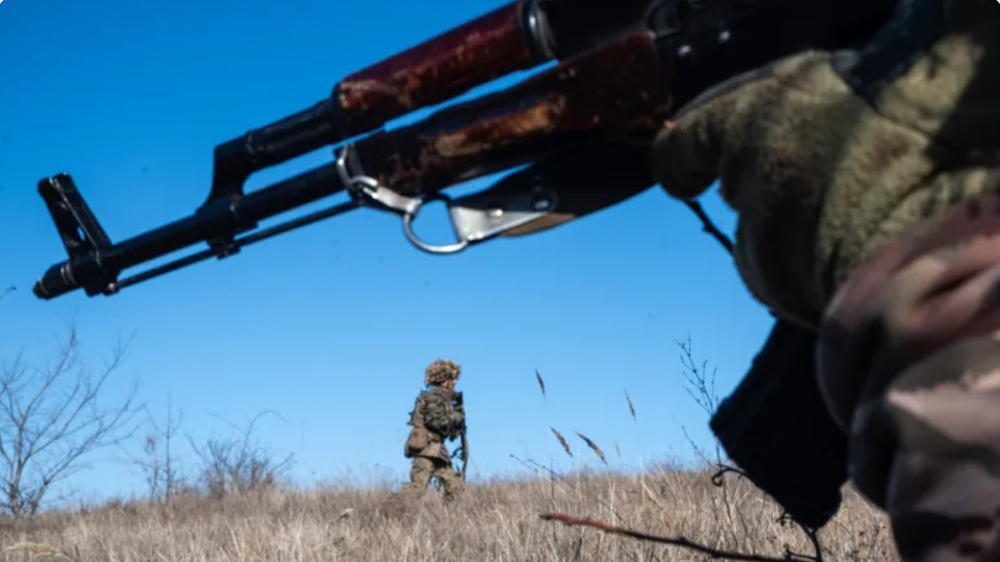US decision not to talk on Syria crisis foolish: Medvedev
Russia's Prime Minister Dmitry Medvedev has criticized Washington’s refusal to meet a high-profile Russian delegation for talks on the crisis in Syria, calling it a “foolish behavior”.
Speaking in an interview with state-owned Rossiya 1 television channel on Friday, the Russian premier said that with such decisions and refusals to negotiate, the Americans were only revealing their weakness.
“After all, it is clear that the result of their activities on fighting ISIL (Daesh) in this region is close to zero. ISIL continues to expand. Only Russia's intervention changed the situation,” Medvedev added.
Russia’s Foreign Minister Sergei Lavrov had earlier announced that the United States had refused to receive a Russian military delegation, led by Medvedev, to discuss coordinated action on the fight against terrorism in the war-torn Syria.
“The West” might think that the Daesh Takfiri terrorist group and Syrian President Bashar al-Assad “should just deplete each other. But I wouldn't like to think that our Western colleagues are being guided by such 'simplified' logic,” Lavrov said, speaking at the parliament in the Russian capital Moscow on Wednesday.
In an interview with the Russian channel NTV on the same day, Lavrov also questioned the effectiveness of the mission of the so-called US-led coalition against Daesh in Syria and called it “insignificant.”
Moscow began its military campaign against terrorists in Syria on September 30 upon a request from the Damascus government, shortly after the upper house of the Russian parliament gave President Vladimir Putin the mandate to use military force in Syria.
Since the beginning of the Russian anti-terror military campaign in Syria, around 530 strikes have been conducted by the Russian Air Force. Hundreds of terrorists and dozens of command posts, depots and other Daesh infrastructure have been destroyed so far.
The foreign-backed conflict in Syria, which started in March 2011, has claimed the lives of more than 250,000 people and left over one million injured, according to the United Nations.

Russia: US starts to better understand Moscow after talks in Riyadh

Leaked documents reveal US strategies to prolong Russia-Ukraine war

US, Russian officials to meet in Saudi Arabia to discuss Ukraine war: Report
Occupied al-Qud archbishop: Palestine will never forget Nasrallah
IRGC begins major Eqtedar drill in eastern Iran
Trump tells Zelensky to secure peace with Russia or risk losing Ukraine
Arrest of Electronic Intifada journalist exposes deep Zionist footprints in Switzerland
Iran, Azerbaijan stress opposition to foreign forces in South Caucasus
VIDEO | Press TV's news headlines
Iranian president wishes health, speedy recovery for Pope Francis
VIDEO | Exhibition of innovation and Iran’s economic future







 This makes it easy to access the Press TV website
This makes it easy to access the Press TV website